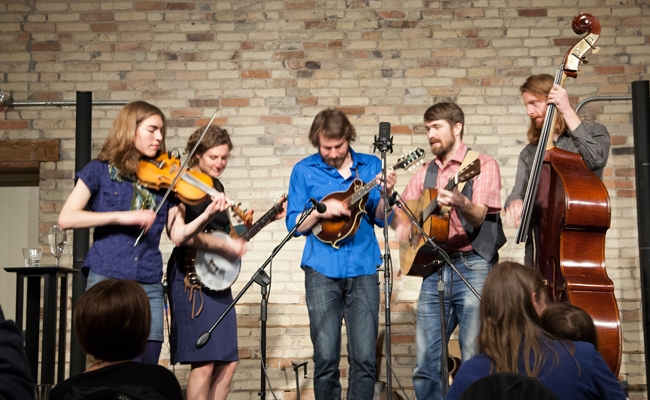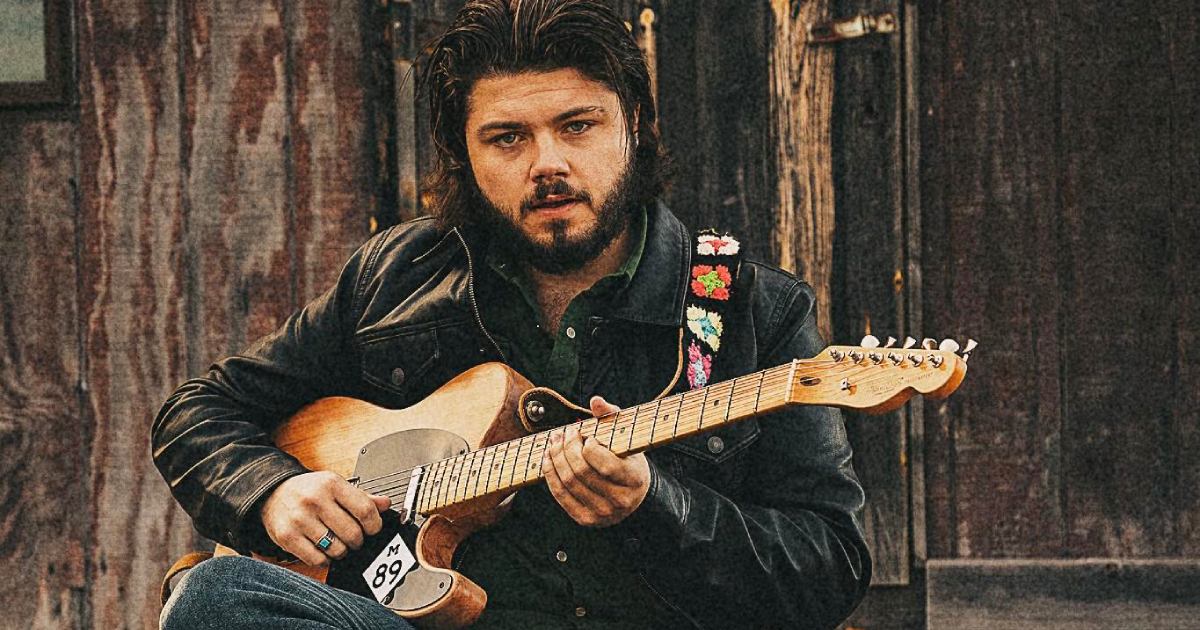When it comes to seeing live music, a little dose of shut-the-hell-up-and-pay-attention is a good thing.
In the past year, instances of artists fighting back when it comes to giving their fans the best music experience are more frequent. In April, a sign that rock band Yeah Yeah Yeahs posted outside its show at Webster Hall in New York asked concertgoers not to watch the show through a camera or telephone screen and to "PUT THAT S*** AWAY" as a courtesy to the band and other audience members.
Pop star Beyonce followed suit by calling out a fan at a concert in Atlanta to "put that damn camera down," and on the local level, venues and artists are asking the same of their audiences.
In July, Tony Lucca, a Michigan native, "The Voice" contestant and former "Mickey Mouse Club" member, recently performed two sold-out shows at Spring Lake's Seven Steps Up (SSU), a 110-seat listening room that hosts Pin Drop Concerts, with the focus on the music only.
"In 2002 I toured with NSYNC, well before people had cell phones with social media capabilities, and they were unabashedly there enjoying the concert," Lucca said. "Now, everyone is trying to watch the show through a two-inch screen."
Owned by husband-and-wife team of Gary and Michelle Hanks, SSU hosts an average of five shows per month. And if there are audience members not listening? They literally get yellow carded. Gary and Michelle pass out yellow cards, which quietly boot out second-offender motormouths.
"I'm not even sure where they are anymore. It hasn't been an issue in a long time," said Hanks, who added that in more than two years, they've only given out two yellow cards.
To keep audiences quiet, Michelle introduces the acts along with a speech that explains the venue's no-talking policy. And, of course, the audience knows why they're at the venue: the music.
"When the audience gives you their full attention, it makes you dig deeper. If you're going into a listening room environment, they care on a whole different level," Lucca said. "It's no mystery as to why you sell more merchandise in those environments."
Carla Hill, president and CEO of West Michigan Symphony (WMS), enjoyed her experience at SSU so much that she wanted to create the same kind of experience for WMS' new venue, The Block, in downtown Muskegon. The venue, which seats approximately 148, opened June 2 with a performance by classical pianist Alessio Bax.
"Seven Steps Up probably has the closest configuration to ours," Hill said. "The performers and artists are experiencing the music like they're in a living room."
But Hill's not trying to take away from SSU with The Block. In fact, the two venues support each other, with SSU recommending The Block to musician Neil Jacobs.
"There's a nice give-and-take with what's going on at Seven Steps Up and what we're doing," Hill said.
With The Block, Hill wants to explore the classical genre and present artists in a different setting than audiences would see in larger venues. In fact, many of the performers that play the Frauenthal Center for the Arts, which hosts many of WMS' shows, perform additional shows at The Block for a completely new experience.
"The artists reach out and make friends with the audience and the audience does it back," Hill said of performances at The Block. "It's a wonderful give-and-take between the audience and the performers."
St. Cecilia Music Center (SCMC) is another example of a venue taking advantage of giving audiences that listening room experience. During ArtPrize last year, SCMC started its Fresh Folk Series (formerly Local Spins Series) in collaboration with John Sinkevics of Local Spins and Michael Crittenden of Mackinaw Harvest Music Studio.
"The new folk series that we started last year was specifically to give that genre of musicians in Michigan a chance to play in that kind of a setting – a concert room or listening room kind of setting," said Cathy Holbrook, executive director for SCMC.
Built specifically for chamber music, the 130-year-old concert hall gives musicians a chance to perform in a different kind of environment.
"There are a lot of times where you'll go in a [bar] and you can't even understand the singer," Holbrook said. "And people are yelling over the music, and it just turns into noise. ... You're kind of going for the social experience of the bar."
Instead, the Fresh Folk Series takes artists that frequently perform in noisier venues and gives them a chance to present their music in a quieter, more intimate setting.
"I think people more and more are focused in on the music and I think this gives them the opportunity to really hear them and give the musicians a chance to shine so they're not just the background music," Holbrook said.





